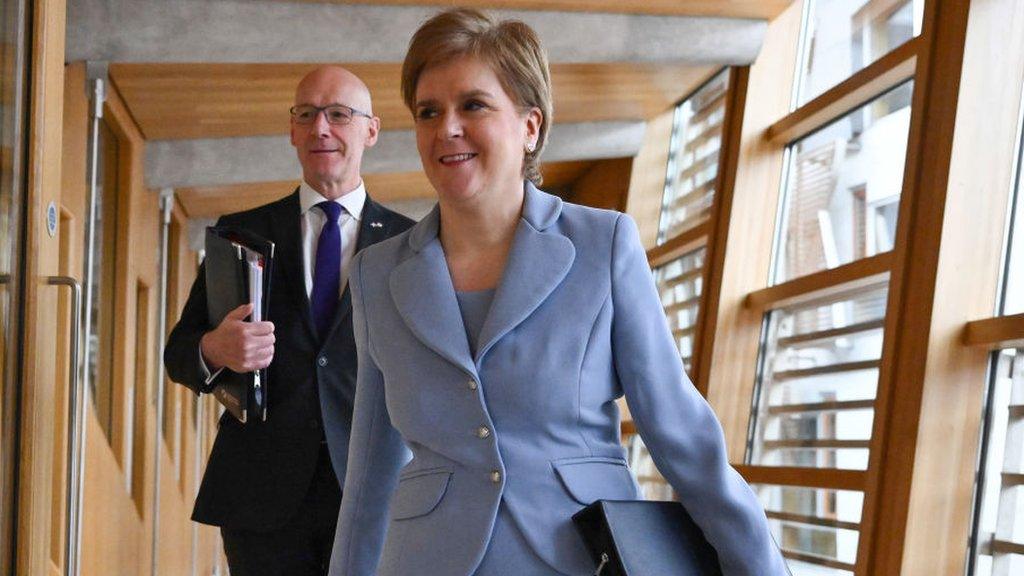SNP formally seeks to intervene in indyref2 Supreme Court case
- Published
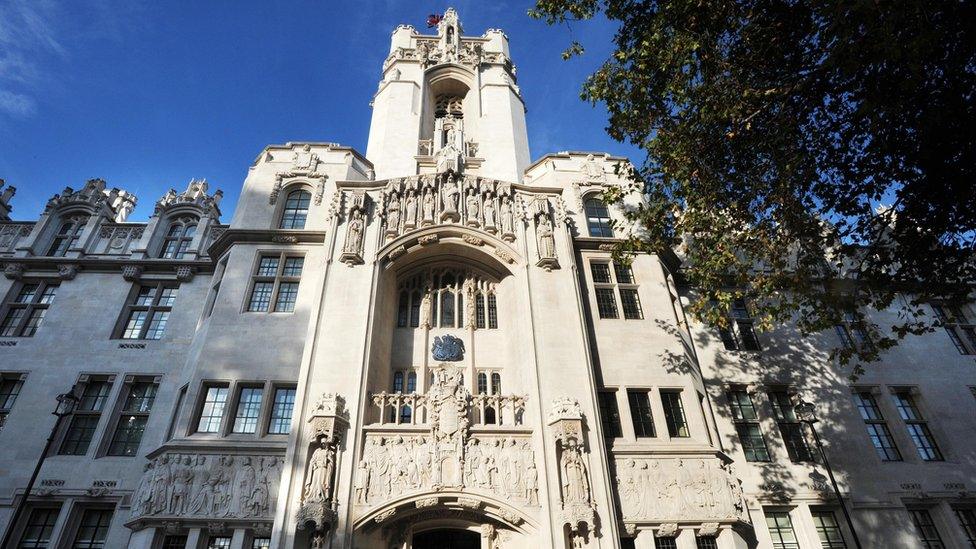
The SNP has submitted an application to intervene in the Supreme Court case over Holyrood's power to set up an independence referendum.
Scotland's top law officer, the lord advocate, has brought the case to rule if MSPs can pass a referendum bill without Westminster support.
But the SNP has now applied to join proceedings when it calls in October.
The UK government has said the Scottish parliament does not have the power to pass a bill to hold indyref2.
It said legislation on the Union was reserved to Westminster.
The SNP presented its case in a 15-page submission to the court by lawyers Claire Mitchell QC and David Welsh.
The court said it would hear oral arguments from both sides on 11 and 12 October, and now the SNP has requested the chance to lay out its case for another vote as well.
The rules of the court, the submission says, allow for "any official body or non-governmental organisation seeking to make submissions in the public interest" to apply to intervene.
"In all the circumstances, it would be fair, just, and reasonable for the applicant to be granted permission to intervene in these proceedings in order to make submissions on the matters set out above," the submission continued.
"The submissions will be of assistance to the court and no party will suffer prejudice as a result of the applicant being able to take part in these proceedings."
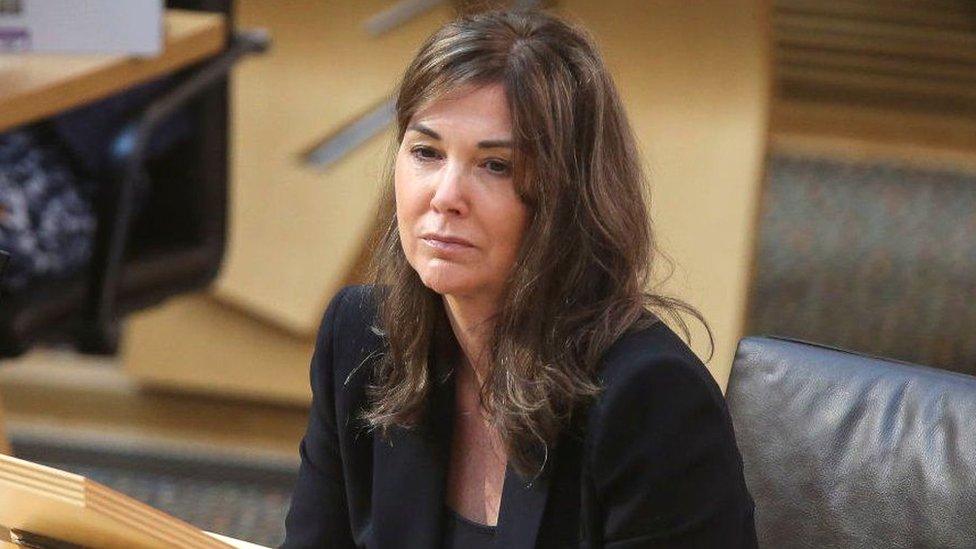
Lord advocate Dorothy Bain is the Scottish government's top law officer
On the substance of the case, the SNP submission raises a number of issues, including the party's past manifesto commitments, which were made before elections which the party won.
The submission also argues the right to self-determination is one that is "fundamental and inalienable".
"The applicant submits that, properly construed, the Scottish parliament does have the legislative competence to legislate for a referendum on Scottish independence," it said.
"The applicant wishes to make developed submissions on this matter if permitted to intervene in these proceedings."
The submission added: "A single-question referendum on the matter of Scottish independence is the clearest way in which the will of the Scottish people can be ascertained.
"The issue directly affects the Scottish people as a whole. It is also important to everyone in Scotland, in particular those who voted for the applicant."

Supporters of independence have been hoping for a new referendum since 2014
The filing also repeated the argument made by lord advocate Dorothy Bain QC that a referendum on independence would be to ascertain the views of the Scottish people and would not automatically implement the result.
Last month Ms Bain, the Scottish government's top law officer, referred a prospective bill on a referendum to the UK Supreme Court so judges can rule if it is within Holyrood's powers.
In a 51-page submission, the lord advocate stressed the referendum itself was "advisory" and would have no legal effect on the Union.
The Scottish government wants judges to settle whether MSPs could legislate for a vote on Scottish independence without Westminster's backing.
UK law officers argue this is premature, and want the case thrown out without a ruling either way.
Supreme Court judges have said they want to hear the full arguments from both sides before coming to a decision.
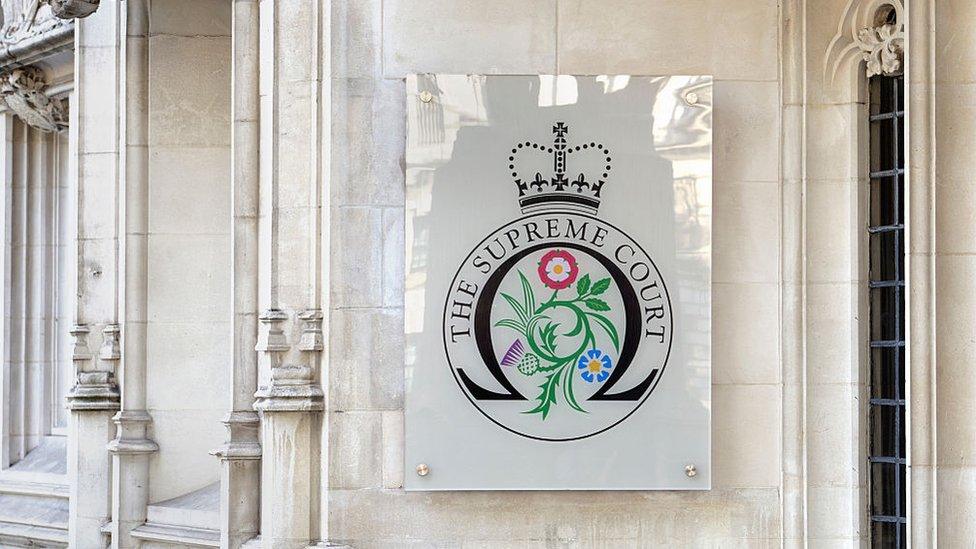
First Minister Nicola Sturgeon wants to hold an independence vote on 19 October 2023, and is pushing for an agreement with the UK government to allow this.
UK ministers are opposed to this, so Ms Sturgeon wants the Supreme Court to rule on whether Holyrood alone has the power to hold a vote.
The two parties have until 9 August to provide their written submissions to the Supreme Court.
The UK government previously said its written case for the court would be submitted "in accordance with its timetable".
A spokesperson said: "People across Scotland want both their governments to be working together on the issues that matter to them and their families, not talking about another independence referendum.
"On the question of legislative competence, the UK government's clear view remains that a bill legislating for a referendum on independence would be outside the legislative competence of the Scottish Parliament."
- Published11 October 2022

- Published22 July 2022
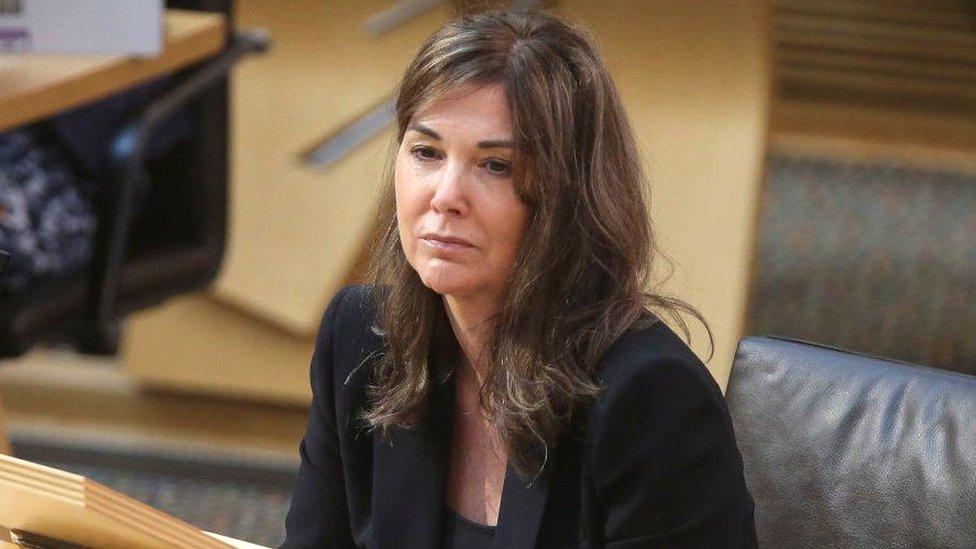
- Published23 November 2022

- Published12 July 2022
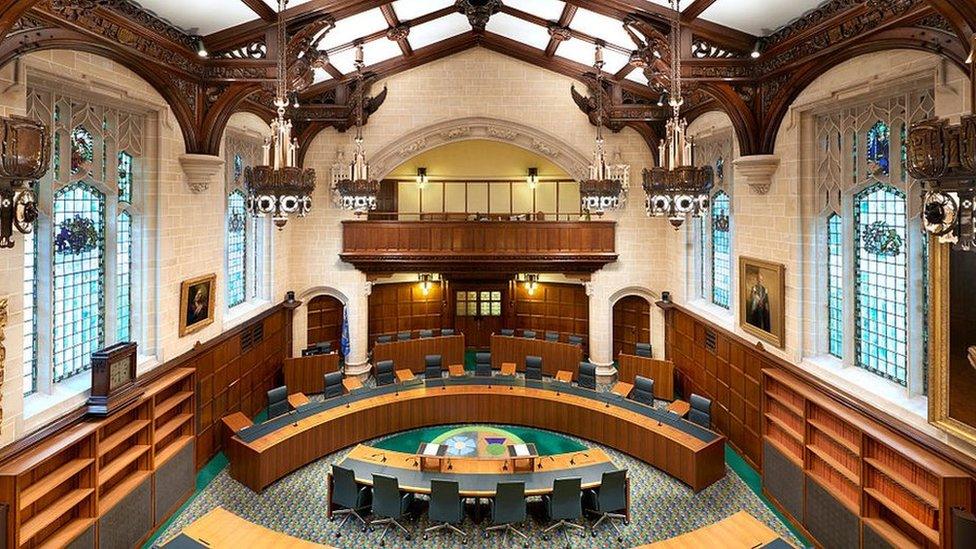
- Published5 July 2022
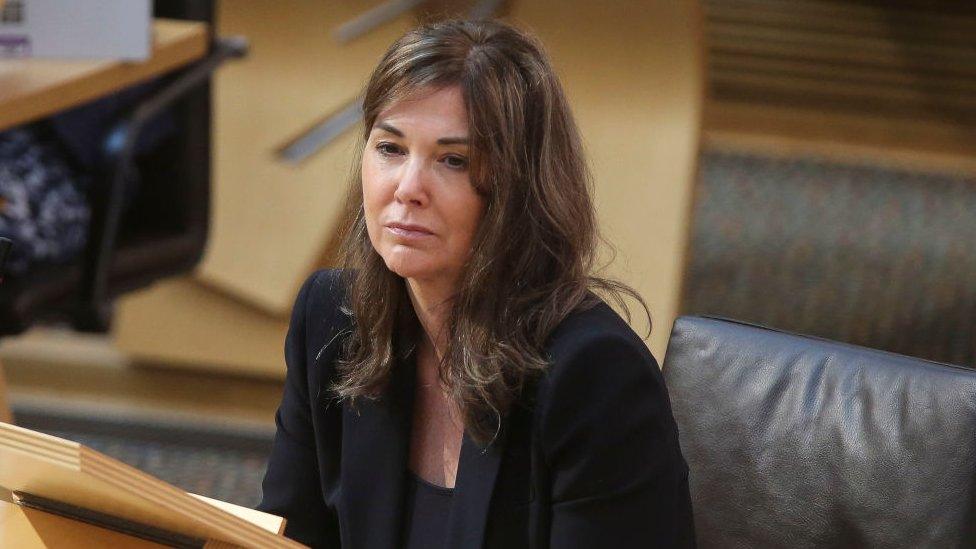
- Published28 June 2022
